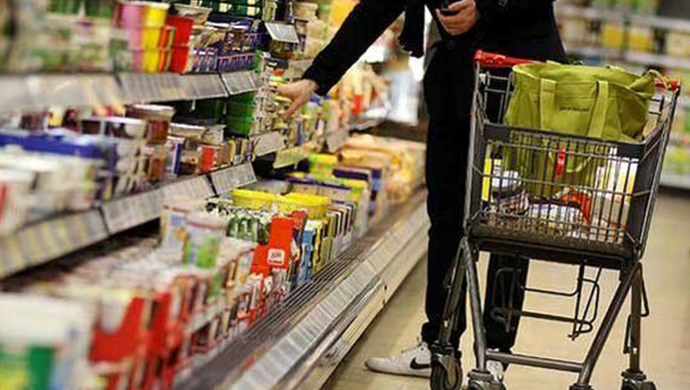Signs indicate the mullahs’ regime ruling Iran is paving the path to increase the prices of gasoline and other energy sources. Shortage of gasoline at pump stations, a 100-liter decrease in the gasoline rations, along with an expanding state media echo chamber over a large volume of gasoline being smuggled to neighboring countries due to Iran’s low gasoline prices and an uncontrolled consumption by the general public… are all signs of the regime’s known modus operandi, used time and again by the mullahs in such circumstances, in preparation to announce a new gasoline price hike. Regime officials, however, are keeping a close tab on escalating protests and discontent throughout Iran.
All the while, there is a major brouhaha of conflicting remarks from regime officials and state media about any such intent to increase energy prices. Contradictory comments parallel to temporary initiatives in certain cities and areas of the country to test the public’s reaction is also from the regime’s playbook to deplete and minimize social sensitivity.
It is worth noting that Iran’s 2019 nationwide uprising began following a sudden overnight price hike. Apparently, regime officials have concluded that any increase in the price of basic necessities, such as gasoline and basic foods, has to be carried out in a “managed” fashion. Meaning step by step measures, exaggerating certain shortages, frustrating people in long lines before gas stations, and effectively dropping the bar to extremely low standards in order to have the people accept the regime’s new conditions.
The regime’s propaganda machine is also hard at work.
Their narrative focuses on claiming gasoline prices in Iran are far cheaper than other countries in the world and Iran has the highest gasoline consumption rate. State media are also blaming the country’s high death toll due to air pollution, standing at over 21,000 per year, on the population’s high gasoline consumption.
However, if gasoline in Iran is cheap in dollars, the value of labor in Iran under the mullahs’ regime is even lower. The salary of an average Iranian worker in comparison to neighboring countries ranges from one third to as low as one tenth.
Regime officials have used the same tactics in gradually increasing the prices of bread as reports from various cities across Iran show long lines outside of bakeries. State-rationed flour being distributed to bakeries has decreased and this is especially inflicting pains on the tens of millions of impoverished Iranians that consider bread as a main part of their diet.
While the regime is increasing the prices of bread and gasoline in a controlled manner to contain public outrage, there are reports of skyrocketing prices when it comes to various types of edibles. The price of eggs has increased between 300 to 400 percent during the past year, and housing prices have jumped eightfold in four years, according to a report wired on Wednesday, August 31, by the regime’s semi-official ILNA news agency.
While the prices of goods such as eggs, poultry, and dairy products have increased inside Iran, regime-linked entities are exporting these foods abroad for massive revenues that fund the regime’s nuclear weapons program, support for terrorism, warmongering, and domestic crackdown machine with increasing executions as we speak.
All the while, Iranian regime President Ebrahim Raisi has been claiming improved economic conditions during his first year in office. However, Abdolnaser Hemmati, former head of the regime’s Central Bank, said in a ten-month period the Raisi administration has printed 1.34 quadrillion rials in currency, equal to around $4.5 billion in today’s currency exchange rates. It is clear that the end result of such a massive increase in liquidity is skyrocketing prices and inflation that will break the backs of ordinary Iranians.
Raisi’s claims were so preposterous that the mullahs’ Supreme Leader, Ali Khamenei, was forced to make a public appearance—his first in over 40 days—to support the mullahs’ president in the face of escalating criticism even from the regime’s own officials and state media.
Khamenei allocating political capital to his president will be quite costly as public dissent is escalating across the country. The question is will how long can the regime dictator protect his apparatus and raise the prices of basic necessities in the face of escalating protests by an extremely restive nation that are seen chanting “Death to Raisi!” on a near-daily basis.





